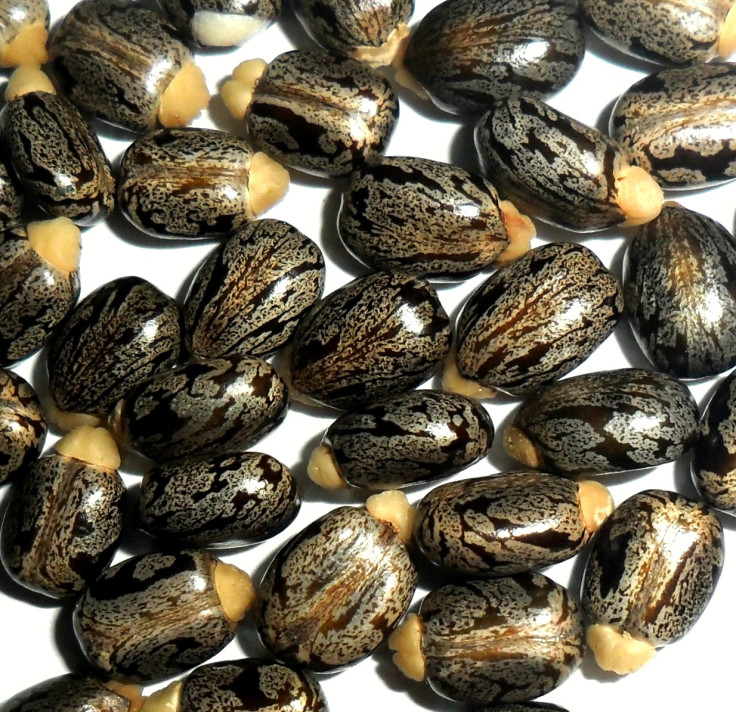This man is immune to one of the most poisonous substances in the world – ricin
New research could one day lead to the development of an antidote for ricin.

Ricin, a naturally occurring toxin, is one of the most poisonous substances in the world. In fact, inhaling, injecting or ingesting a few milligrams would be enough to kill you within a couple of days as your central nervous system, kidneys, liver and other organs shut down.
At present no antidote exists. However, a German patient at University Hospital Münster in Germany may offer clues as to how one could be developed.
Twenty-year-old Jakob has suffered health problems all his life and has been treated by the hospital since 1997.
He has an extremely rare genetic defect – there are only 2 other known sufferers – which prevents him from metabolizing the sugar fructose, but which also means he is immune to ricin poisoning, scientists say.
According to Johannes Stadlmann, a researcher at the Austrian Academy of Sciences, fructose alters fucose receptors on the surface of the body's cells in such a way that ricin can bind to them more easily, opening a door for the poison to enter the cell.
Essentially, the more fructose there is in the body, the more poisonous ricin becomes. When Stadlmann and his colleagues learned of Jakob's condition they asked the hospital to send some skin samples.
"His cell surfaces don't contain any fucose at all," Stadlmann told Deutsche Welle. "That's why he is immune to ricin."
Stadlmann has conducted mice experiments finding that ricin immunity can be induced temporarily by injecting a fructose inhibitor. This may also apply to humans as well, although this has not been tested.
Stadlmann's findings show that immunity in mice can be induced before ricin exposure, but the research may one day lead to the development of a true antidote.
Ricin naturally occurs in the seeds of the castor oil plant, meaning it is fairly easy to produce as a weapon.






















